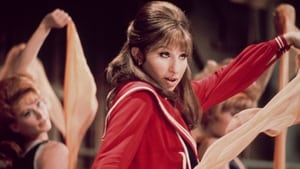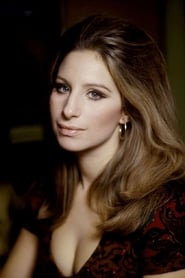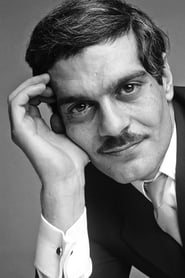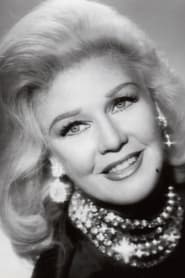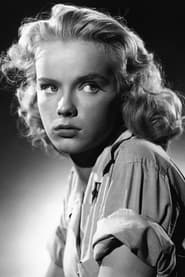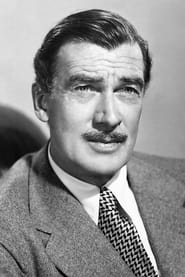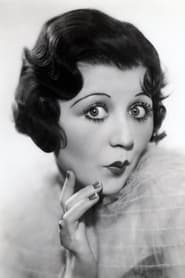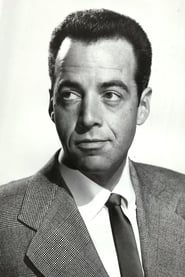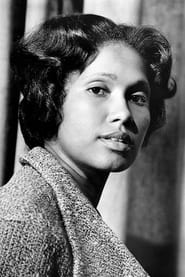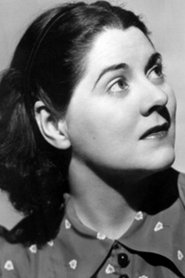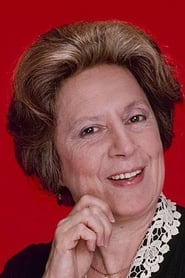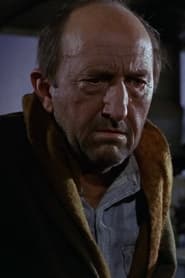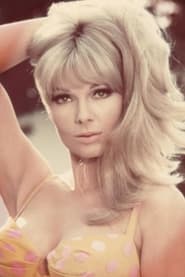Cast
View AllBarbra Streisand
as Fanny Brice
Omar Sharif
as Nick Arnstein
Kay Medford
as Rose Brice
Anne Francis
as Georgia James
Walter Pidgeon
as Florenz Ziegfeld
Lee Allen
as Eddie Ryan
Mae Questel
as Mrs. Strakosh
Gerald Mohr
as Branca
Frank Faylen
as Keeney
Mittie Lawrence
as Emma
Gertrude Flynn
as Mrs. O'Malley
Penny Santon
as Mrs. Meeker
John Harmon
as Company Manager
Thordis Brandt
as Ziegfeld Girl
Bettina Brenna
as Ziegfeld Girl
Crew
Director
- William Wyler
Producer
- Ray Stark
Reviews
CinemaSerf
Barbra Streisand is simply superb in this depiction of the early life of Vaudeville girl and more Fanny Brice. From her humble beginnings, and with the help of her friend Eddie Ryan (Lee Allen) we see her come to the attention of the mighty Florenz Ziegfeld (Walter Pidgeon) before her career becomes the stuff of legend. Streisand's characterisation is authentic - her stoic Jewish antecedence, her less-than-pin-up looks; her sassiness are all charmingly captured as she gradually falls for her debonaire, if somewhat flawed, beau Omar Sharif - who is also very effective as her rakish love Nicky Arsntein. Their tumultuous relationship, peppered with plenty of pithy dialogue and partnered with an outstanding collection of songs from award winning lyricists Jule Styne and Bob Merrill, James Hanley and Grant Clarke just makes this an excellent piece of theatre on a big screen. The likes of "Second Hand Rose"; "People" and "Don't Rain on My Parade" have long since become standards of the American songbook oft sung by the great and the good ever since. There are also plenty of engaging cameo characters - especially at the beginning - to keep this classy piece of cinema from William Wyler well worth a watch. Loads of poetic licence, here - its not an autobiography - it's just an enjoyable 2½ of entertainment.
Mar 27, 2022
Thematic Analysis
As a dramatic work, Funny Girl examines complex human relationships and emotional struggles against the backdrop of a period setting that reflects societal issues of its time. The character development particularly stands out, offering viewers a chance to reflect on their own life journeys.
Director William Wyler brings their distinctive visual style to this film, continuing their exploration of themes seen in their previous works while adding new elements. Their approach to character development and emotional depth creates a viewing experience that rewards close attention.
Released in 1968, the film exists within a cultural context that now offers viewers historical perspective on the social issues of that era. Its critical acclaim reflects its artistic achievements and its place in cinema history.
Did You Know?
- The production of Funny Girl took approximately 34 months from pre-production to final cut.
- With a budget of $14.0 million, the film proved to be a financial success, earning back its investment and more.
- The final cut of the film runs for 155 minutes, though the director's initial assembly was reportedly 196 minutes long.
- Some visual effects sequences took up to 7 months to complete.
- The cast underwent specialized training for 8 weeks before filming began.
- The film contains approximately 2103 individual shots.
Historical Context
- In 1968, when this film was released:
- Counterculture movements were challenging traditional values.
- Social and cultural revolution was transforming Western societies.
- The film industry was dominated by major studios, with independent cinema still in its early development.
How This Film Stands Out
While Funny Girl shares thematic elements with other films in its genre, it distinguishes itself through its unique approach to storytelling, visual style, and character development.
Unlike The Ever After, which focuses more on action than character development, Funny Girl offers a fresh perspective through its innovative visual language and narrative structure.
While films like Love Proof and Vivo explore similar territory, Funny Girl stands apart through its deeper exploration of its central themes and more complex characterization.
This film's unique contribution to cinema lies in its thoughtful balance of entertainment value and thematic depth, making it a valuable addition to its genre.
Details
- Release Date: September 19, 1968
- Runtime: 2h 35m
- Budget: $14,000,000
- Revenue: $52,223,306
